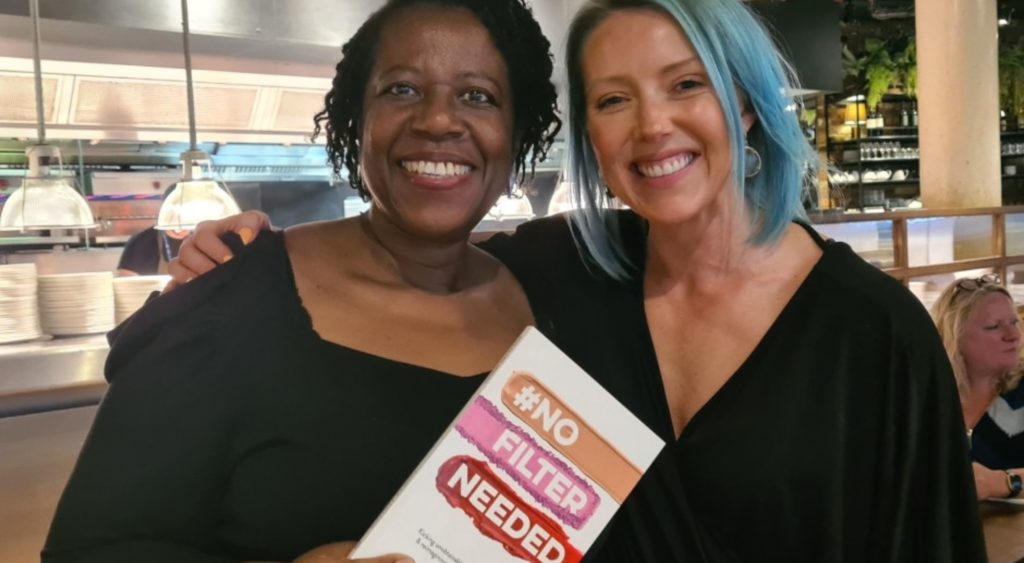Leadership meetings can be one of the most psychologically unsafe environments that leaders encounter on a regular basis. Lots of ego, a lack of inclusion, ignorance, and judgement towards those who think differently to the dominant group.
And it’s not just introverted women leaders that experience a lack of psychological safety in meetings. Women who sit anywhere along the introversion/extraversion continuum, as well as men, can experience it.
A good Chair or facilitator of a meeting will ensure that the meeting environment is psychologically safe. But many people who chair or facilitate meetings are not even aware that they are leading an environment that is not.
When someone feels psychologically safe, they feel secure enough to speak up and express their opinion, ideas, and concerns, without worrying that they will be ridiculed or judged harshly. They can ask questions knowing that they will not be made to feel small or that they are stupid.
If people don’t feel psychologically safe, we don’t get the best from them. They may not engage and hold back from saying what is on their mind. They are less likely to take risks and more likely to play it safe. Some people will even quit their jobs if they don’t feel psychologically safe.
When people feel psychologically safe, they are more creative and innovative, and they feel like they can be themselves. Feeling psychologically safe helps people to feel that they can make a meaningful contribution and goes towards making them feel like they belong.
If you don’t speak up in meetings because they don’t feel psychologically safe and you worry about being negatively judged, here are a few things that you can do:
Speak about it with the Chair or facilitator
Let the Chair or facilitator know that the environment is one where not everyone is contributing because it is not psychologically safe. Give them specific examples, focusing on the behaviours that you have observed.
If the Chair or facilitator is the problem, give them feedback. Again, give them specific examples focusing on the behaviour and the impact. Let them know what would be more helpful. If because of the type of person that they are and their position, you don’t have the courage to tell them, is there someone in HR that you can discuss this with? Chances are, it’s not just you that they are like that with.
Manage how you respond
Whilst no one should be judged, ridiculed, or made to feel psychologically unsafe at work, unfortunately, we all know that this does happen. Whilst it may be out of your control that it happens, you can control how you respond to it.
If you worry and feel anxious and fearful about the situation, you can control how you respond emotionally by managing what you think and believe about it. Rationalise the situation, put things into perspective, and develop a more helpful way of thinking about it.
If you can do this, it will help to change how you feel. If you feel less anxious and less fearful, you will be able to handle the situation more confidently.
Set boundaries
Put boundaries in place and be clear about what is acceptable and what is not acceptable behaviour, and what you will tolerate. Communicate those boundaries and let people know when they are overstepping the mark.
Prioritise your emotional well-being. If the environment is too toxic for you and you’ve exhausted all avenues trying to address it (or you’ve not got the energy to even try), maybe it is time to think about removing yourself from the environment and finding a job you’ll enjoy
You should be able to show up at meetings as yourself (or as Camilla J Collins says - no filter needed) and without fear or worry about how you will be treated. If the meetings you attend or the environment you work in are not psychologically safe, you don’t have to accept it and put up with it. How you respond to it will determine how you get through it.
In my next post I will share how, as a leader, you can create meeting environments that are psychologically safe for your teams.
First published on LinkedIn.
If you are an introverted woman and a senior leader and want to increase your confidence, influence and impact, take my free assessment and get a report identifying areas to develop. You can take the assessment here.

